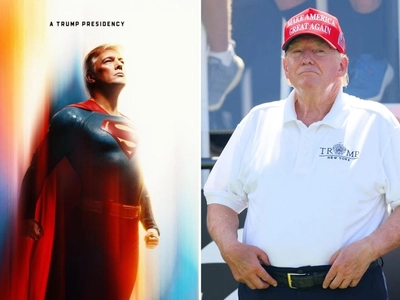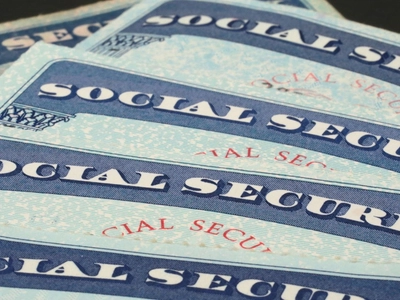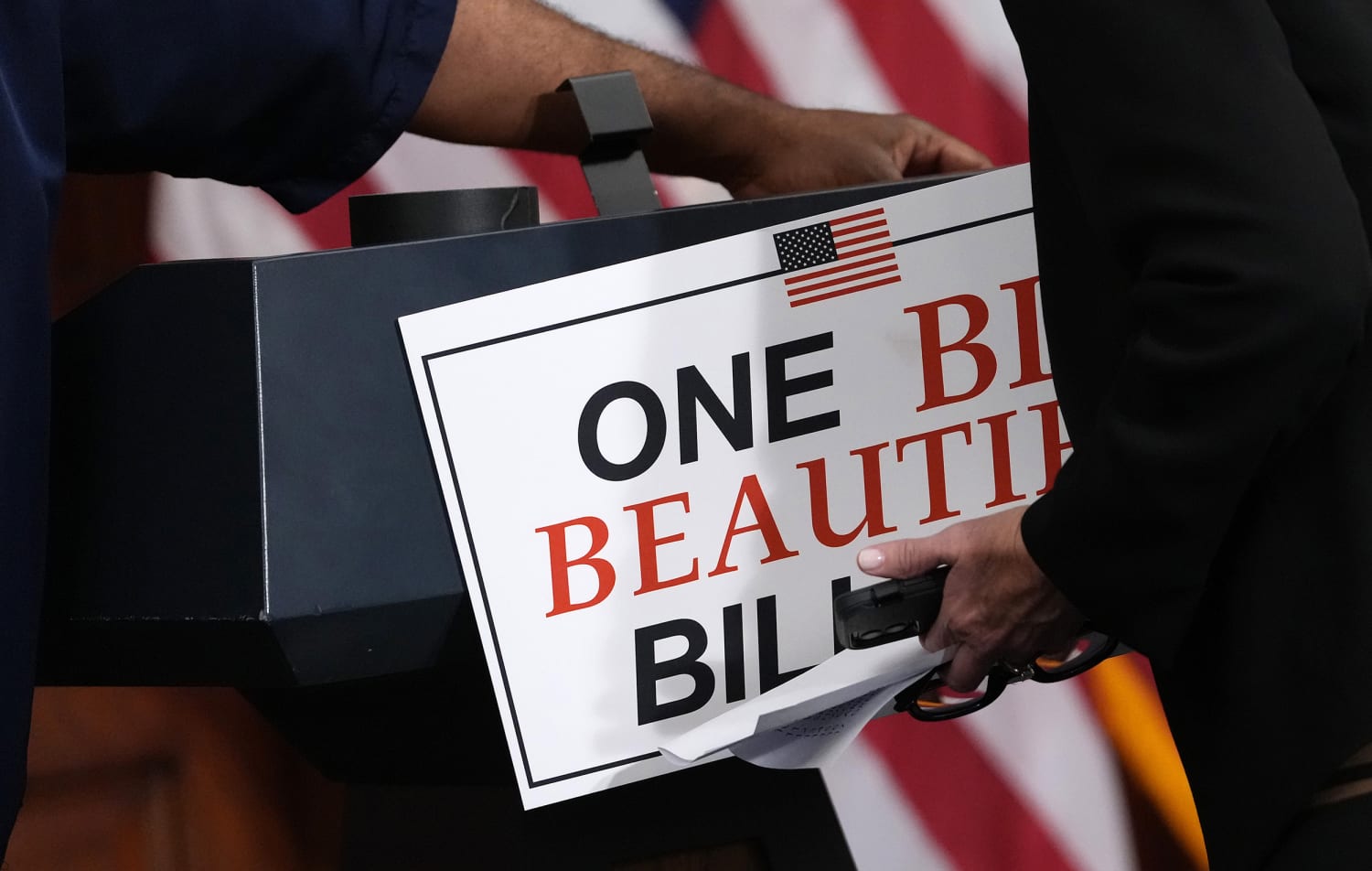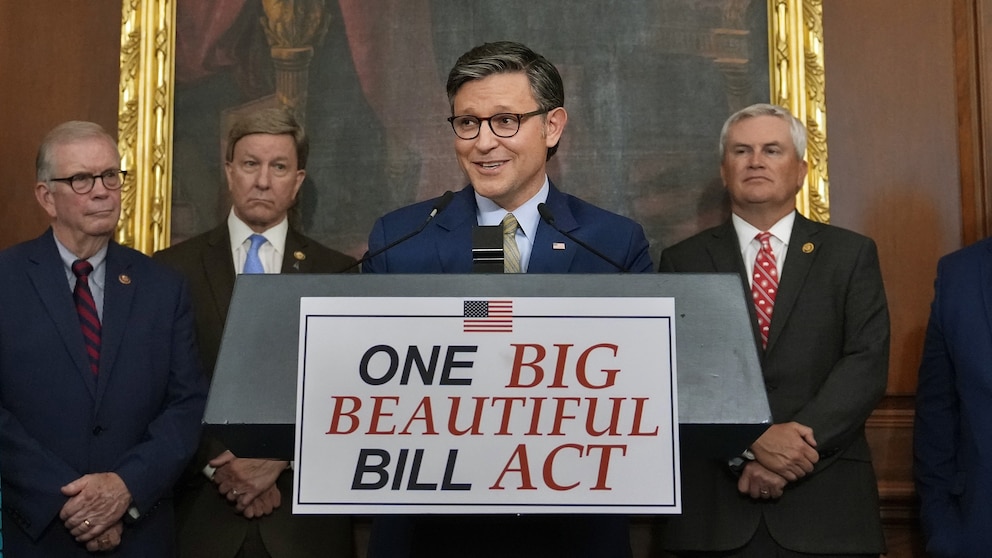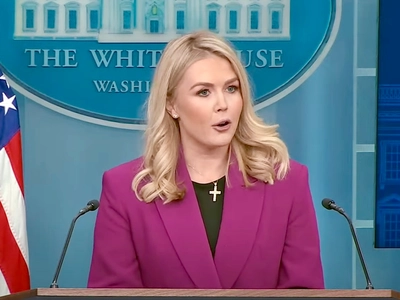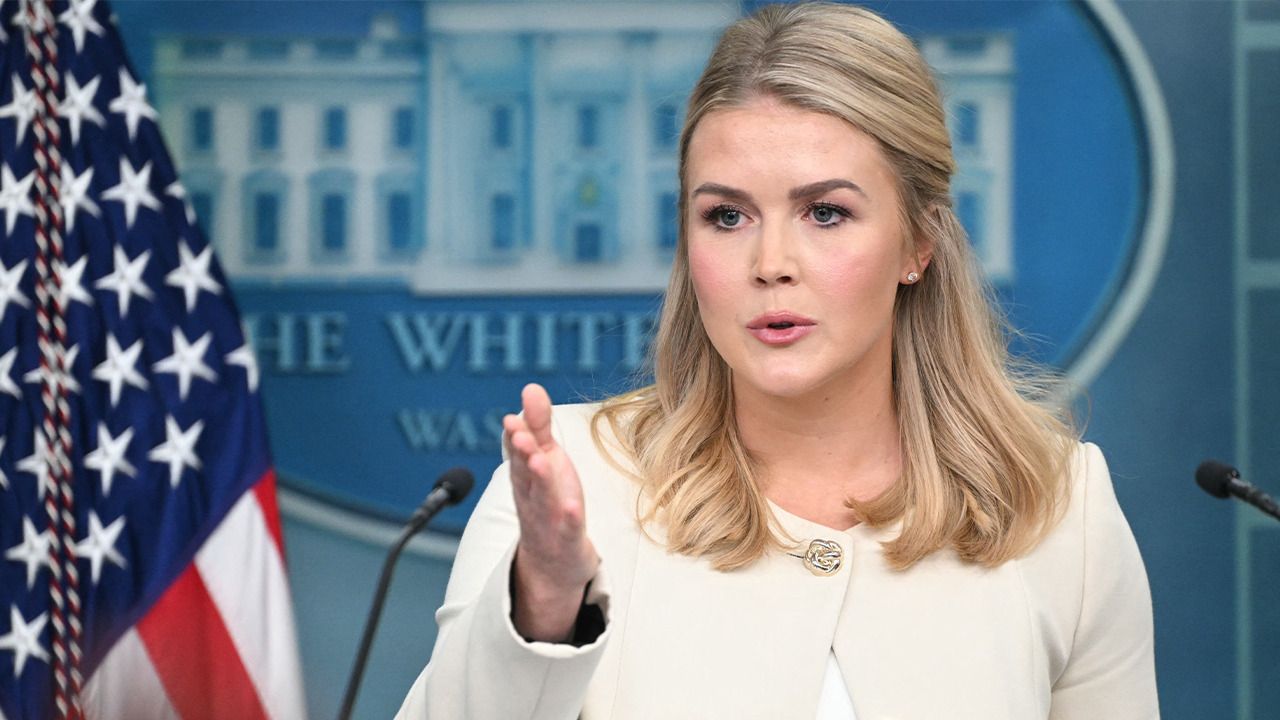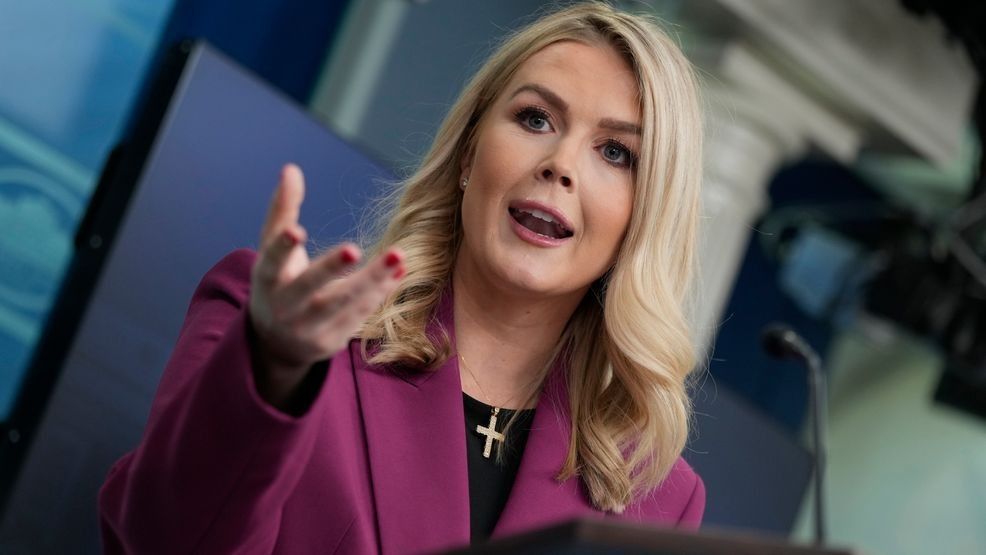The Hidden Message in Trump's Superman Photo That Everyone Missed – And Why It's Genius
The White House's decision to photoshop Donald Trump onto a Superman movie poster wasn't just another social media moment – it was a masterclass in political psychology that most people completely missed. While critics focused on copyright concerns and called it "cringe," they overlooked the deeper, more calculated message buried within this seemingly bizarre image.
The timing wasn't coincidental. Just days before the White House released this viral meme, Superman director James Gunn had declared that the iconic superhero is, fundamentally, "an immigrant." This comment sent shockwaves through conservative circles, with many MAGA supporters threatening to boycott the film. The White House's response was swift, deliberate, and psychologically brilliant.
The Hidden Message Everyone Missed
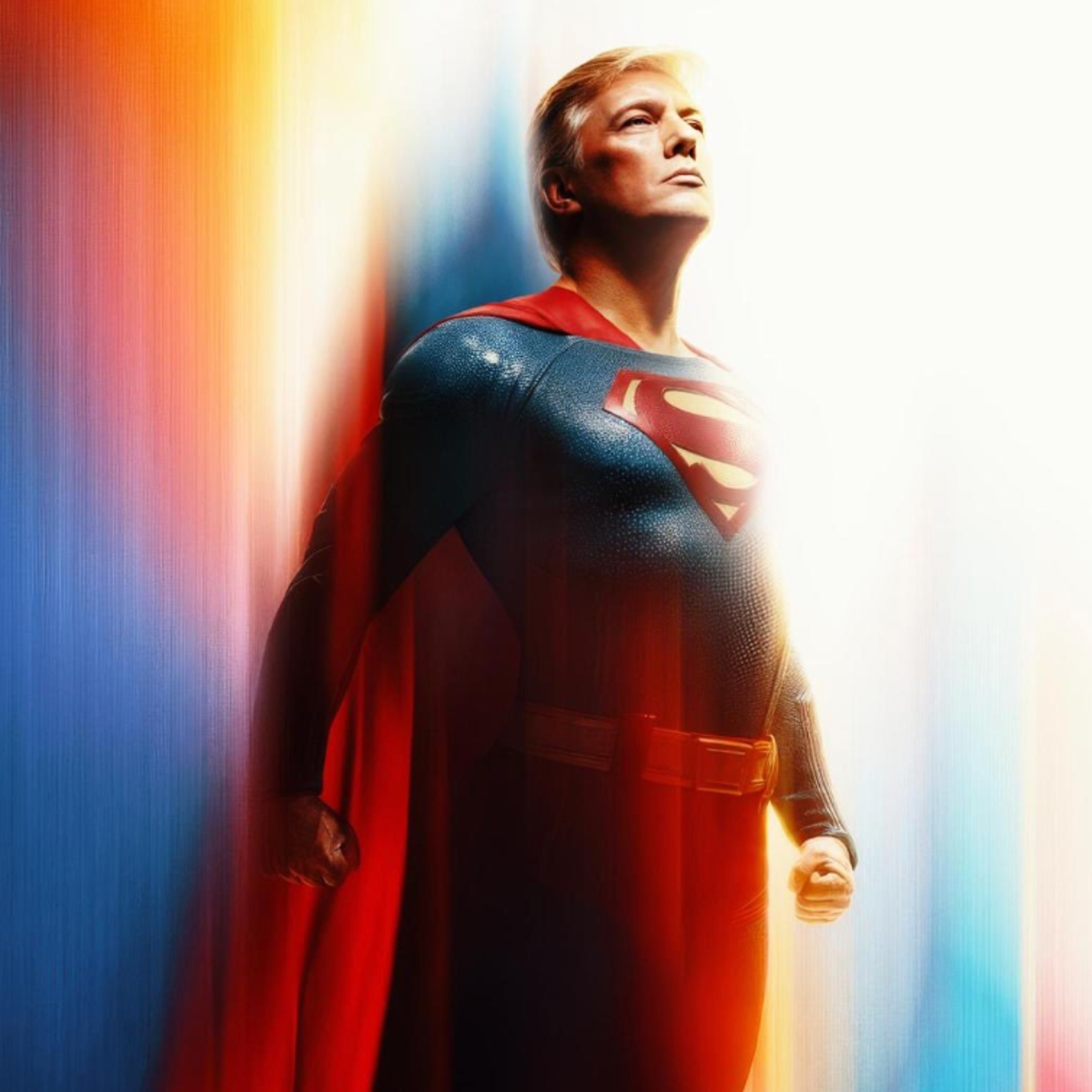
By replacing actor David Corenswet with Trump in the Superman poster, the White House wasn't just creating a meme – they were reclaiming a cultural symbol that had been "weaponized" against their immigration policies. The image carried a subtle but powerful counter-narrative: if Superman represents the immigrant experience, then Trump-as-Superman represents the American experience taking back control.
Notice what the White House did to the classic Superman tagline. The original "Truth, Justice, and the American Way" was shortened to just "Truth, Justice, and the Way." This wasn't an oversight – it was strategic messaging that removed "American" from the equation while still maintaining the heroic framework. The psychology here is fascinating: they're suggesting that Trump's "way" transcends traditional American values while still embodying heroic ideals.
The Superhero Branding Strategy That Actually Works
This isn't Trump's first foray into superhero imagery. Remember his NFT trading cards featuring himself as various superheroes? Political science scholar Andrea Schneiker has noted that Trump's branding strategy follows the superhero archetype: "a figure who uses his superpowers to save America from various threats."
The Superman image specifically taps into what psychologists call "parasocial relationships" – the one-sided emotional connections people form with media figures. By positioning Trump within the Superman framework, the White House was leveraging decades of cultural conditioning that associates the Superman symbol with hope, strength, and moral clarity.
Why the Outrage Proves It Worked
The immediate backlash – from calls for Warner Bros. to sue for copyright infringement to accusations of "cult-like propaganda" – actually demonstrates how effective this messaging strategy was. When California Governor Gavin Newsom's office responded with "Superman was an undocumented immigrant," they were playing directly into the narrative trap the White House had set.
The outrage wasn't really about copyright or political appropriateness – it was about symbolic ownership. Who gets to claim Superman as their cultural avatar? The immigrant experience or the America First movement? The White House forced this conversation into the public sphere, and the passionate responses from both sides showed they'd struck a nerve.
The Cultural War Hidden in Plain Sight
This seemingly silly meme represents a much larger battle for cultural symbols and their meanings. Superman has always been a contested figure – created by Jewish immigrants Jerry Siegel and Joe Shuster in 1938, he's simultaneously the ultimate American hero and the story of an alien refugee finding belonging in a new world.
By inserting Trump into this narrative, the White House was making a bold claim: that the "true" Superman story isn't about immigration and acceptance, but about American strength and exceptionalism. They were rewriting the cultural DNA of one of America's most beloved fictional characters.
The Messaging Psychology That Media Missed
While mainstream media focused on the surface-level controversy, they missed the sophisticated psychological operation at work. The image functioned on multiple levels:
Visual Authority: Superman's iconic pose and costume immediately convey power and righteousness Cultural Hijacking: Appropriating a beloved symbol forces opponents to defend their interpretation Emotional Triggering: The image provokes strong reactions that drive engagement and conversation Narrative Reframing: It positions Trump as the heroic figure in America's story, not the villain
What This Really Means for American Political Discourse
The Trump Superman meme isn't just about one image – it's about the future of political communication in the digital age. We're witnessing the weaponization of pop culture symbols in real-time, where political movements battle not just over policies but over the very stories we tell ourselves about who we are.
The White House's social media team understood something that traditional political consultants often miss: in our hyper-connected world, controlling the narrative means controlling the symbols. They didn't just create a meme – they launched a cultural infiltration mission that forced millions of Americans to confront their own beliefs about heroism, immigration, and national identity.
The real question isn't whether this image was appropriate or effective – it's whether we're prepared for a political landscape where our most cherished cultural symbols become battlegrounds for competing visions of America. The Superman meme was just the beginning. The hidden message everyone missed? This is the new normal, and whoever controls the symbols controls the story.
